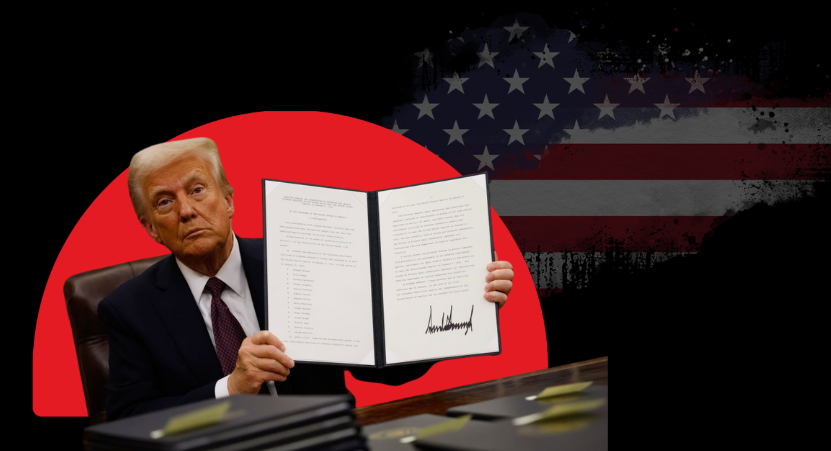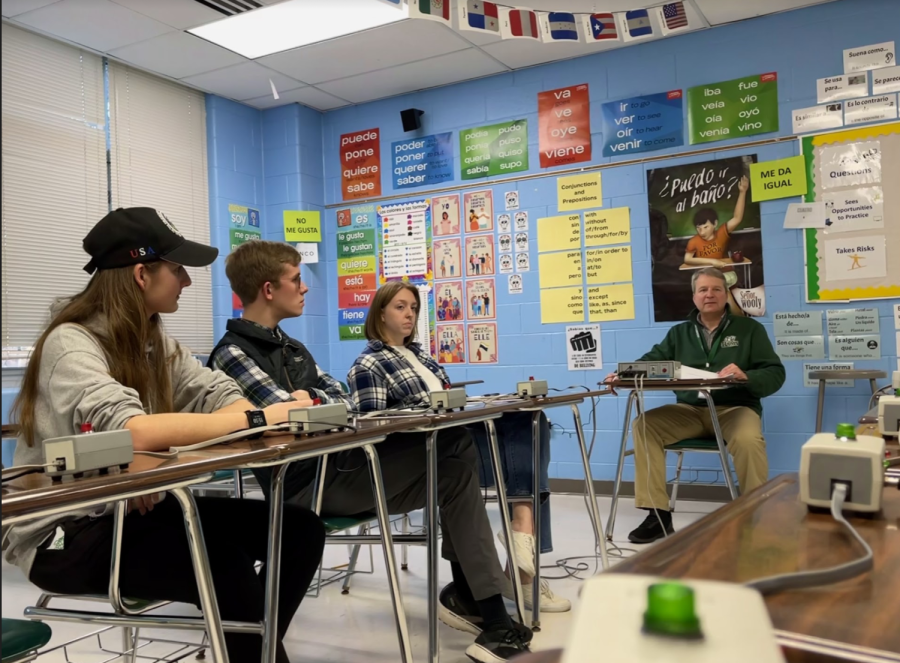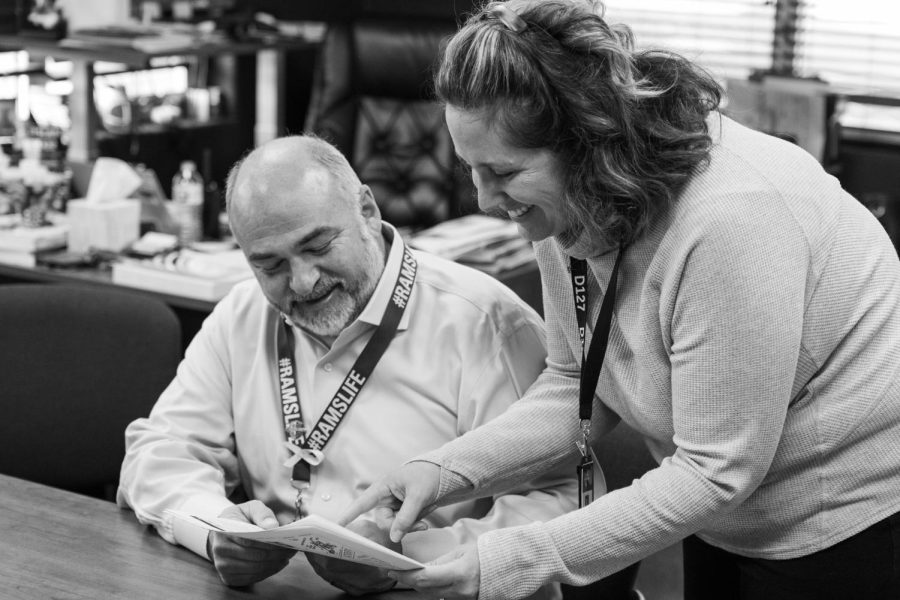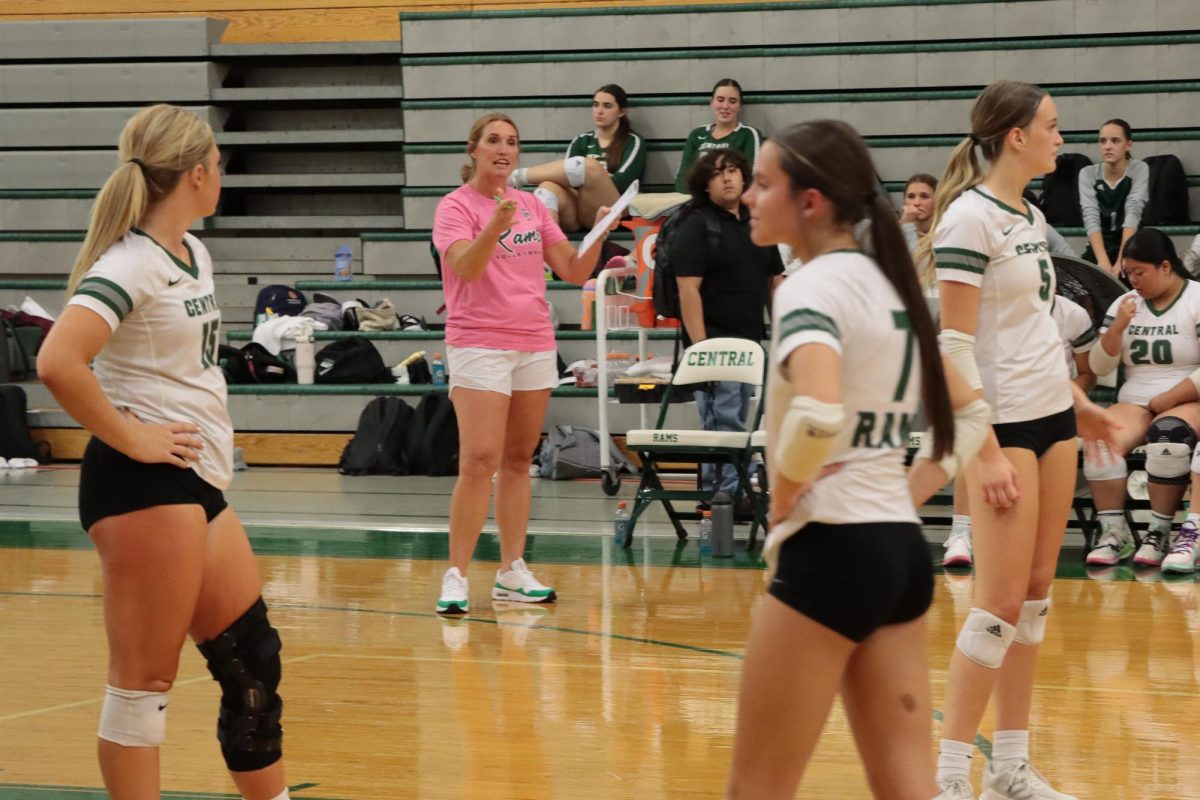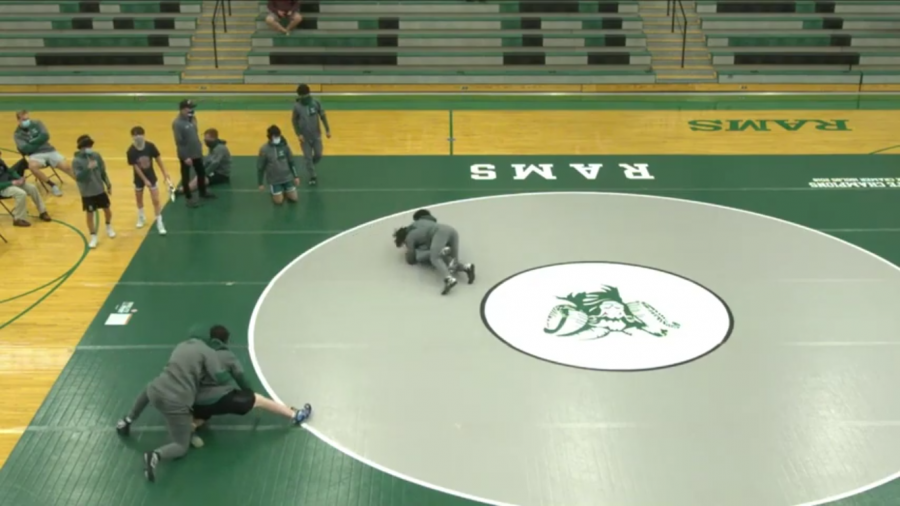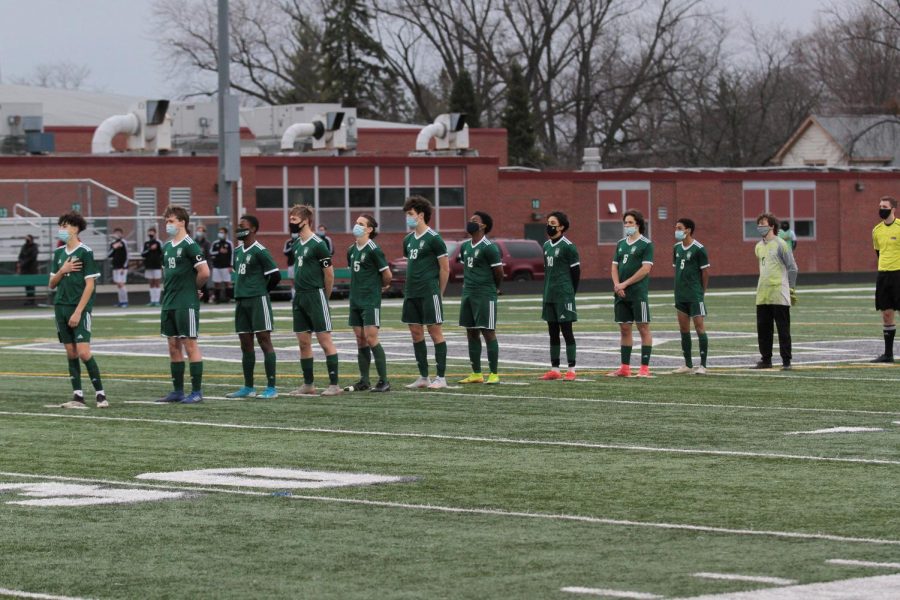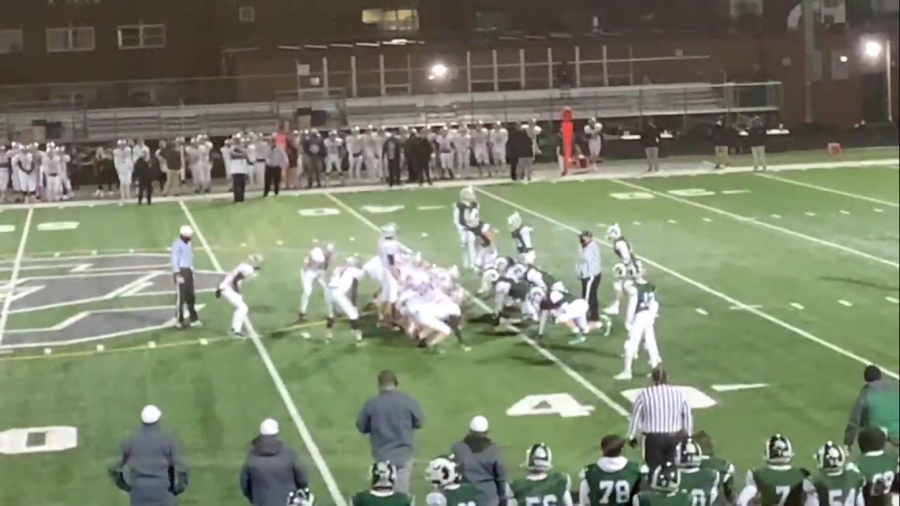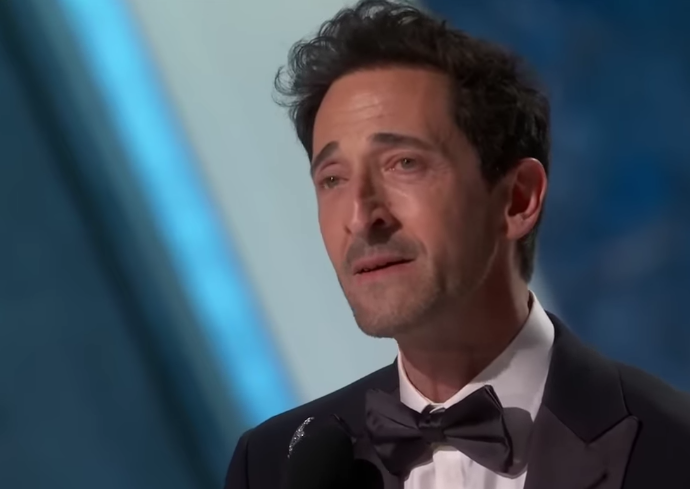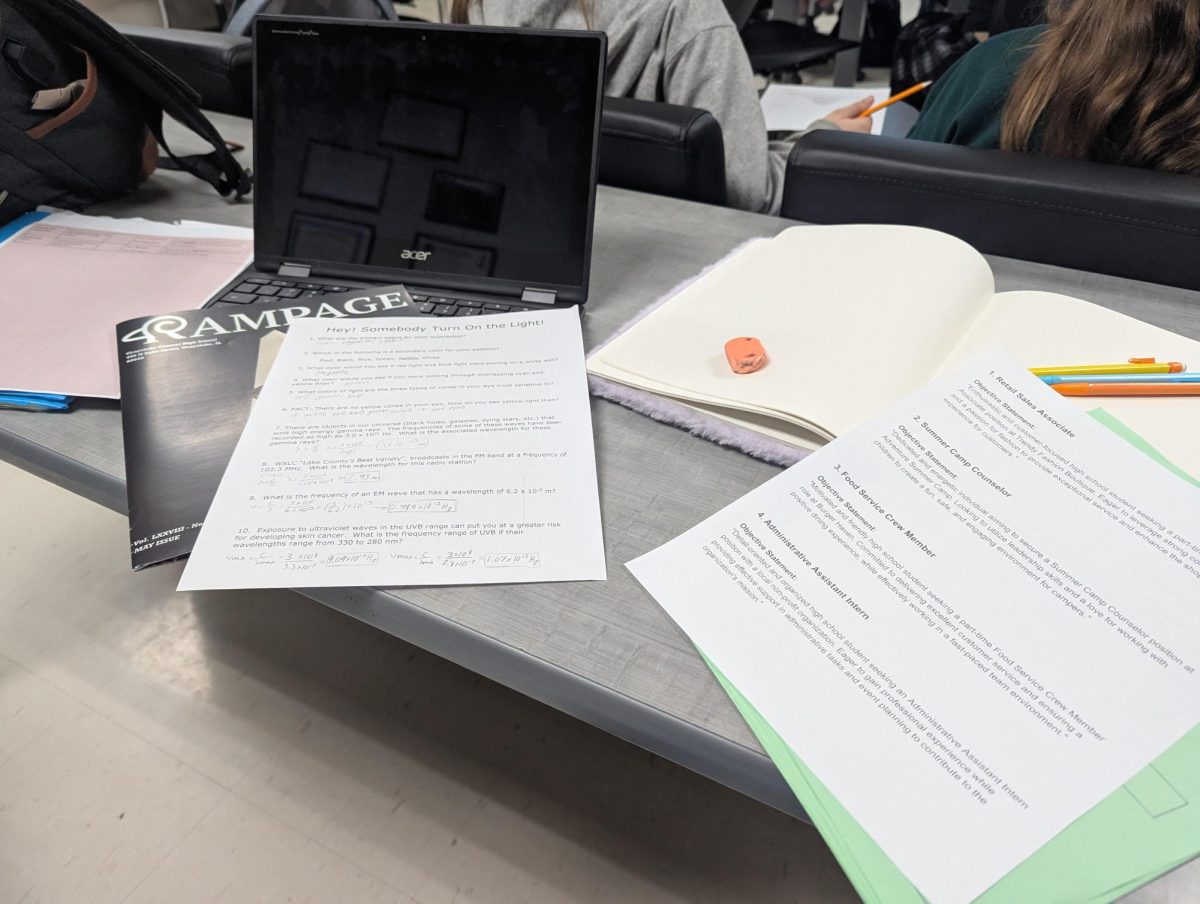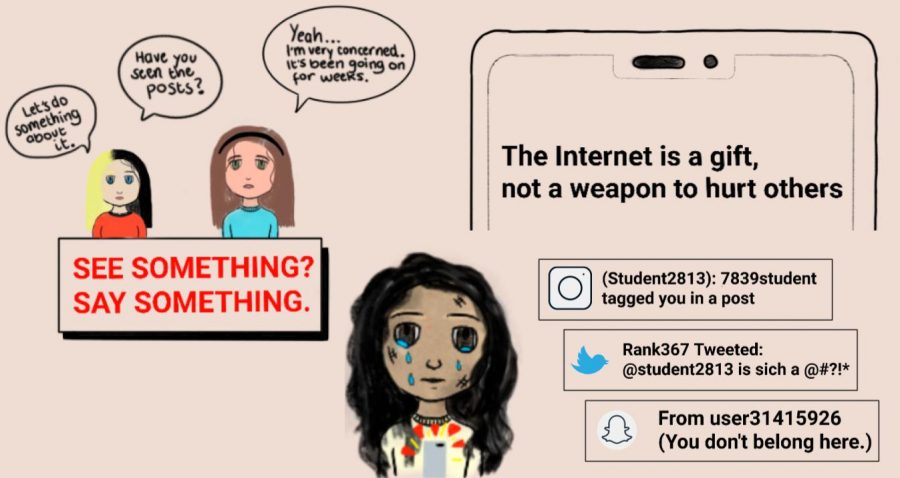The DACA: student and district stances
November 6, 2017
Disclaimer: Due to the controversy surrounding the DACA program’s cancellation and potential replacement, as well as the debate over immigration policy as a whole, all students interviewed for this article have chosen to remain anonymous.
The Consideration of Deferred Action for Childhood Arrival (DACA) has been a hot topic lately in the political world. An Obama administration combination of two acts, the DACA is affiliated heavily with the DREAM (Development, Relief, and Education for Alien Minors) bill and was ratified in June 2012. Within the past election year, however, and especially the past few months, there’s been a great deal of confusion over the legislature. Removing DACA from the current slate of programs was part of President Donald Trump’s campaign promises.
So what is DACA? Most students don’t know, or don’t feel confident about their knowledge.
“I know it has to do with immigration and especially kids and their families.” said an anonymous senior. “But not much else.”
According to the Department of Homeland Security (DHS), the basis of the program is that “certain people who came to the United States as children and meet several guidelines may request consideration of deferred action for a period of two years, subject to renewal. They are also eligible for work authorization.”
However, as of September 5, 2017, the program has begun a limited six month stage before the current program as it stands is phased out, potentially permanently. Students hope for a replacement that’s similar to the old program, but are undecided.
“I would rather it just not go. It’s helped so many people,” said another senior. “I have a personal connection to this program, so I guess I have a bias, but it’s how my aunt managed to survive in America.” Many agree with this sentiment, and protests have been organized country-wide.
Trump’s platform for the removal of the DACA and many of his other anti-immigration rhetoric and promises are based off of the idea of immigrants as terrorists and criminals, but most students don’t necessarily see it that way.
“Well. I remember him making accusations that a bunch of people crossing the border were terrorists and criminals, but there’s a documentary on this saying no that’s so far from the truth,” a Central senior said. “The thing is…it would just take so many resources and money that they don’t have to get to those cities and attack.”
“Most of them are just looking for jobs – but they’re jobs that no one wants. It’s like, why haven’t you taken those jobs first?” another senior said, bringing up the popular notion that immigrants steal jobs from those born in the country.
The district official policy on the DACA is that the schools will not be reporting immigration status to any government agency.
“All students who walk through doors deserve and will continue to receive the care and full support of the Grayslake 127 community, regardless of residency status.” Superintendent Mikkel Storaasli stated in a recent official announcement.
“All students who walk through our doors are entitled to a quality education, free from fear or persecution,” said Storaasli.





